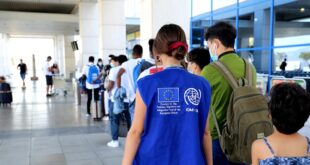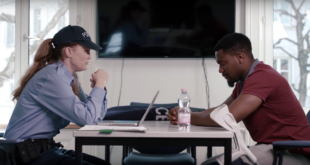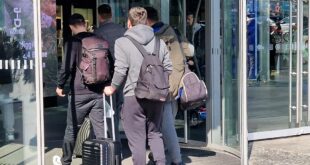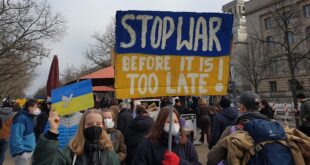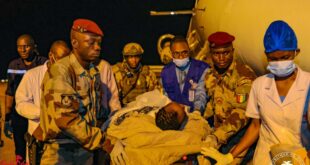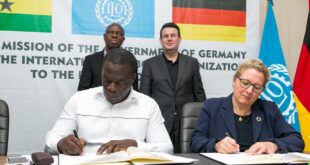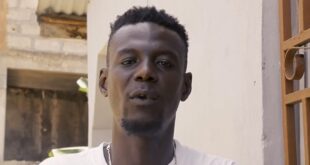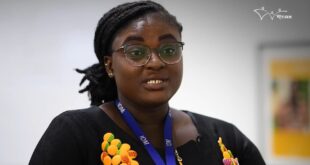The Dutch government is reassessing the cases of dozens of Ugandans who were granted asylum, after it uncovered a criminal network that helped them to fake their sexual orientation in order to claim protection. Marion MacGregor reports
The Dutch Immigration and Naturalization Service (IND) said last week that in 2018 it uncovered an organized network that was coaching Ugandan asylum-seekers to pretend to be LGBT+ for about €2,500.
The government said it had reviewed about 250 cases and identified 36 as possibly fraudulent, the Thomson Reuters Foundation reports.
It has revoked one person’s refugee status and put in place stricter assessment measures for Ugandans applying for asylum on the basis of sexuality, leading to a rise in rejections from one in four in 2018 to just over one in three last year.
“These findings have led to a more critical assessment of visa applications stemming from Uganda,” the IND said in its report.
The Netherlands started accepting asylum claims from LGBT+ Ugandans in 2014, when Uganda introduced the death penalty for gay sex before dropping it under international pressure. Same-sex relations are still punishable by life in prison in Uganda.
LGBT at risk in Uganda
LGBT+ activists said measures introduced following the IND report could result in people being refused asylum, and urged the government to exercise caution given the threats faced by LGBT+ people in Uganda.
“What I think is really bad is that now a whole group of people, regardless of whether they are believable or not, is now deemed untrustworthy,” said Sandro Kortekaas, chair of LGBT Asylum Support, a nonprofit organization.
Philip Tijsma, spokesperson for Dutch LGBT+ rights group COC Nederland, said his organization’s research indicated the IND was not sensitive enough to cultural differences when questioning asylum-seekers.
“You are asking someone from a different country and culture who has never spoken to anyone about their sexual identity to tell their story about how they became aware of their sexual orientation,” he said.
“I can imagine that they want to be well-prepared for these kinds of questions. This does not mean that they aren’t lesbian, gay, bisexual or transgender.”
With Thomson Reuters Foundation/© InfoMigrant
READ ALSO The Unbearable Predicament for LBGT Asylum-Seekers in the UK and Europe
 THE AFRICAN COURIER. Reporting Africa and its Diaspora! The African Courier is an international magazine published in Germany to report on Africa and the Diaspora African experience. The first issue of the bimonthly magazine appeared on the newsstands on 15 February 1998. The African Courier is a communication forum for European-African political, economic and cultural exchanges, and a voice for Africa in Europe.
THE AFRICAN COURIER. Reporting Africa and its Diaspora! The African Courier is an international magazine published in Germany to report on Africa and the Diaspora African experience. The first issue of the bimonthly magazine appeared on the newsstands on 15 February 1998. The African Courier is a communication forum for European-African political, economic and cultural exchanges, and a voice for Africa in Europe.





